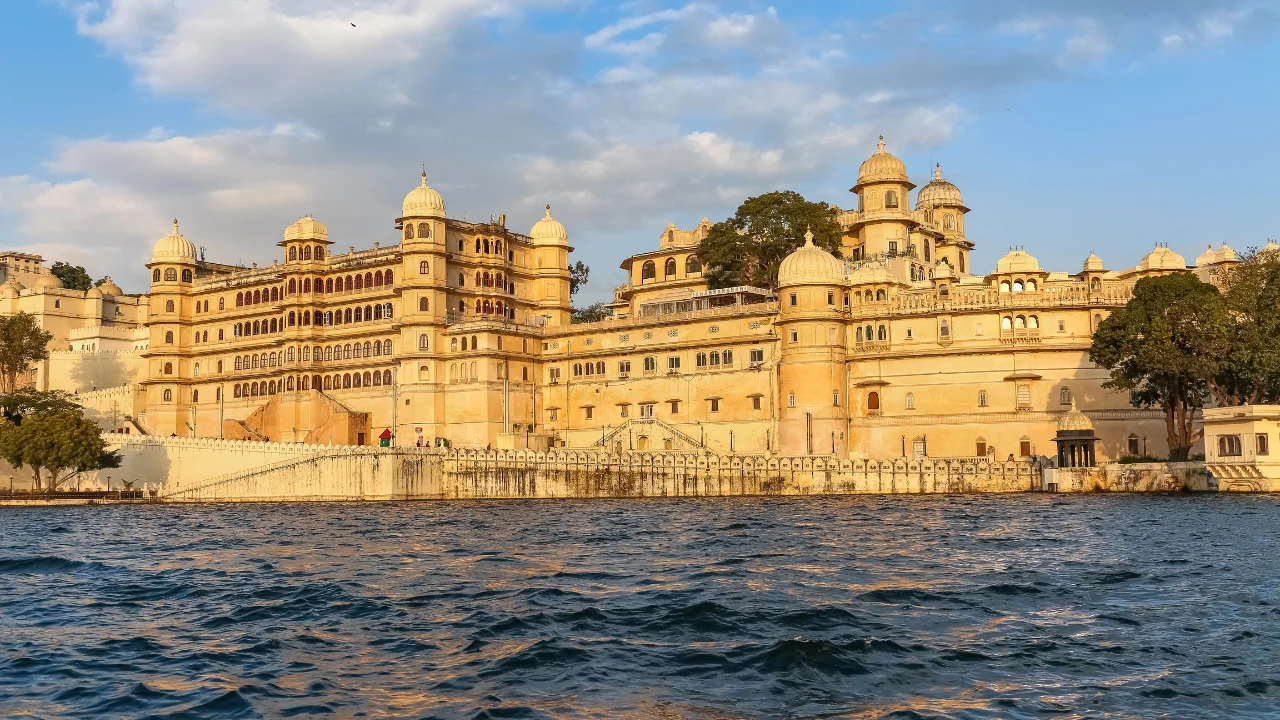Udaipur – India’s First Wetland City
The government of Rajasthan, in partnership with the Environment and Forest Department, is dedicated to enhancing the status of Udaipur, often referred to as the ‘City of Lakes,’ to gain international recognition as India’s first wetland city. As part of this endeavor, the city is being considered as a potential Ramsar Convention site of International Importance. The Ramsar Convention designation is highly regarded and sought after, signifying the city’s rich wetland ecosystems and their global significance. This recognition would place Udaipur on the world map as a location of ecological importance and contribute to its conservation efforts.
Udaipur’s Candidacy to become India’s First Wetland City
The Ramsar Convention is a global treaty dedicated to safeguarding and sustainably utilizing wetlands of international importance, particularly those significant for waterfowl habitat. To earn the Ramsar Convention designation, a wetland must meet specific criteria, including representing a unique or rare example of a natural wetland type within the appropriate biogeographic region and providing a habitat for vulnerable, endangered, or critically endangered species or threatened ecological communities.
Udaipur’s Potential
Udaipur is well-positioned to meet the requirements stipulated by the Ramsar Convention. The city boasts a total area of 37 square kilometers and is adorned with five major lakes: Pichola, Fateh Sagar, Rang Sagar, Swaroop Sagar, and Doodh Talai. These beautiful lakes collectively form the ‘City of Lakes’ and have been integral to Udaipur’s culture and identity. They are not only scenic but also crucial for the city’s ecology, supporting a diverse array of species and contributing to regional biodiversity.
National Lake Conservation Plan
Udaipur’s inclusion in the National Lake Conservation Plan (NLCP), a central government initiative for restoring and preserving vital lakes and wetlands in the country, further reinforces its aspiration to become a wetland city. The lakes and wetlands in Udaipur, primarily managed by tourism and local self-government departments, are essential components of this nationwide restoration plan.
Stakeholder Involvement and Future Plans
To advance Udaipur’s candidacy as a wetland city, the state Environment and Forest Department is actively working on submitting a formal nomination to the Ramsar Convention. A one-day workshop is being planned, bringing together district officials and local body representatives to finalize the nomination draft. This collaborative meeting aims to incorporate input from all stakeholders, ensuring a comprehensive and robust submission.
A Rare Distinction in the Making
If Udaipur achieves its goal of becoming a wetland city under the Ramsar Convention, it will join an exclusive group of cities globally that have received this prestigious recognition. This distinction is rare, with only a handful of cities around the world having earned this honor. Udaipur’s competition for this esteemed status is stiff, as Bhopal is also in the running for the same recognition. These efforts underscore India’s commitment to preserving its wetland ecosystems and promoting sustainable environmental practices.
Global Wetland Cities
The Ramsar Convention has previously recognized numerous cities worldwide as wetland cities. In 2022, during the Convention’s proceedings, 25 cities were acknowledged for their dedication to preserving wetlands of international importance. Some of these cities include Sackville in Canada, Cape Town in South Africa, Ifrane in Morocco, and others from various countries. Currently, there are 42 wetland cities located across 17 nations globally, with China having the highest number, with 13 such cities.
- Weekly Current Affairs 2025 PDF For Bank, SSC, UPSC Exams
- Unsung Heroes of India: 10 Unknown Freedom Fighters You Should Know
- 26 December Current Affairs 2023 in English
- Daily Current Affairs 2025, Check Today’s Current Affairs
- April Month Current Affairs 2024, Download PDF
- June Month Current Affairs 2024, Download PDF

Hello, I’m Aditi, the creative mind behind the words at Oliveboard. As a content writer specializing in state-level exams, my mission is to unravel the complexities of exam information, ensuring aspiring candidates find clarity and confidence. Having walked the path of an aspirant myself, I bring a unique perspective to my work, crafting accessible content on Exam Notifications, Admit Cards, and Results.
At Oliveboard, I play a crucial role in empowering candidates throughout their exam journey. My dedication lies in making the seemingly daunting process not only understandable but also rewarding. Join me as I break down barriers in exam preparation, providing timely insights and valuable resources. Let’s navigate the path to success together, one well-informed step at a time.






